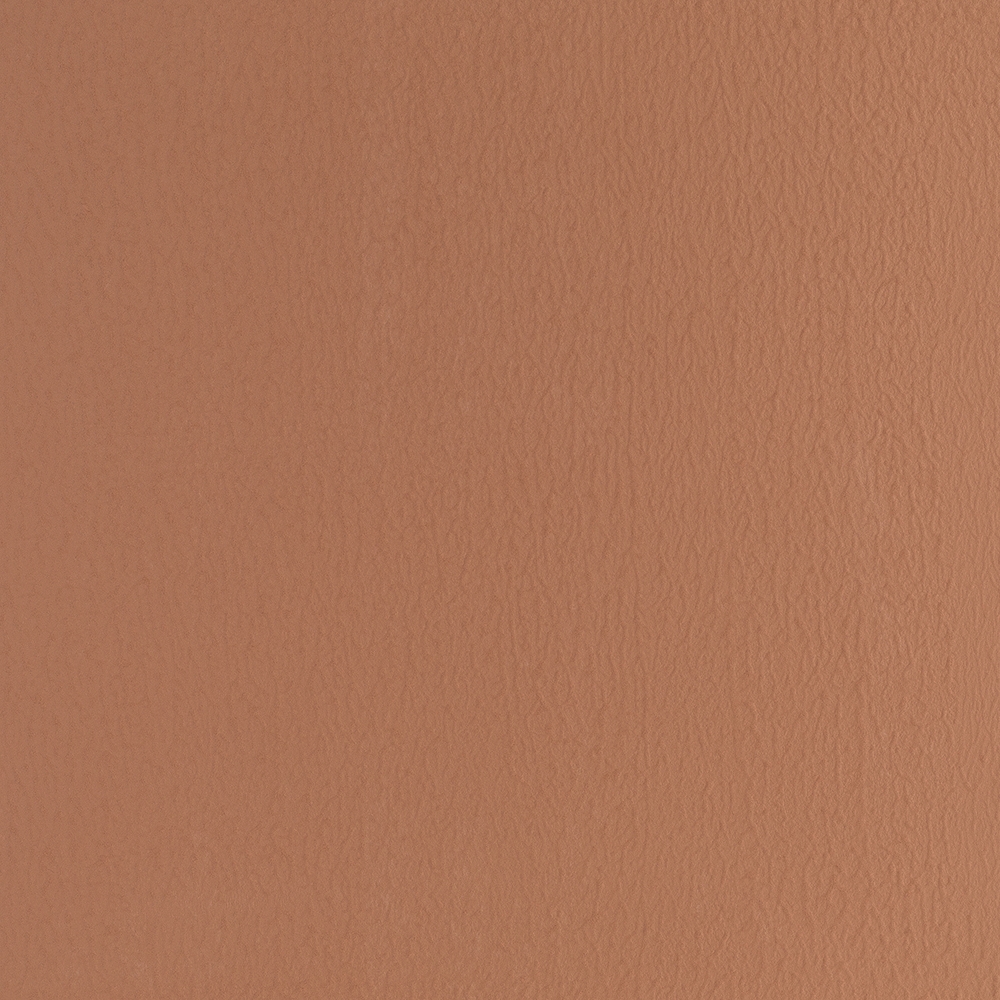Terra Cotta Outdoor Paint: Your Guide to That Earthy Chic
/terracotta-tiles-172517140-5931a27e3df78c08ab184e37.jpg)
So, you're thinking about terra cotta. Not the pot, but the paint. It's having a moment, and you're not wrong for considering it. This warm, earthy hue is popping up everywhere, from chic patios to rustic garden walls. But is it just a trend, or is there real staying power to this particular shade of orangey-red? Let's dig in.
Terra cotta outdoor paint isn’t just a color; it’s a vibe. It evokes a sense of warmth, history, and connection to nature. Think of sun-drenched Mediterranean villas or rustic Southwestern haciendas. But achieving that perfect terra cotta finish isn't as simple as slapping on a coat of paint. There's a science to it, a process that involves choosing the right paint formulation, prepping the surface, and applying it correctly.
Outdoor paint labeled "terra cotta" comes in a surprisingly wide range of shades. Some lean towards a lighter, almost salmon pink, while others are a deep, rich rust. Choosing the right shade depends on your existing décor, the surrounding landscape, and the overall aesthetic you're trying to achieve. But no matter which shade you choose, terra cotta outdoor paint can add a touch of earthy elegance to any outdoor space.
Historically, terra cotta’s origins lie in the very clay it’s named after. The term "terra cotta" literally translates to "baked earth" in Italian. The natural pigment of this clay has been used for centuries in pottery, tiles, and building materials, providing a rich, warm color that weathers beautifully over time. Translating that natural beauty into a paint formula requires careful consideration of pigments and binders that can withstand the harsh conditions of the outdoors.
One of the primary concerns with any exterior paint is durability. Terra cotta outdoor paint is no exception. Exposure to sunlight, rain, wind, and temperature fluctuations can cause fading, chipping, and peeling. That's why selecting a high-quality, exterior-grade paint specifically formulated for your climate is crucial. Look for paints with UV protection, mildew resistance, and excellent adhesion properties.
A successful terra cotta paint project begins with proper surface preparation. Clean the surface thoroughly to remove dirt, mildew, and loose paint. Repair any cracks or holes. A primer can help ensure even coverage and improve adhesion, especially if you're painting over a previously painted surface. Apply the paint in thin, even coats, allowing each coat to dry completely before applying the next.
Three key benefits of using terra cotta outdoor paint include its aesthetic appeal, its versatility, and its ability to enhance curb appeal. The warm, inviting hue creates a welcoming atmosphere. It complements a wide range of architectural styles and landscaping designs. And, it can instantly boost your home's curb appeal, making it stand out from the crowd.
Advantages and Disadvantages of Terra Cotta Outdoor Paint
| Advantages | Disadvantages |
|---|---|
| Warm and inviting aesthetic | Can fade in direct sunlight |
| Complements various architectural styles | Requires careful surface preparation |
| Enhances curb appeal | May require multiple coats for even coverage |
Five best practices for implementing terra cotta outdoor paint include choosing a high-quality exterior-grade paint, properly preparing the surface, applying thin and even coats, using the appropriate application tools (brush, roller, or sprayer), and allowing adequate drying time between coats.
Frequently Asked Questions:
1. What type of paint should I use for terra cotta outdoors? Use a high-quality, exterior-grade acrylic latex paint.
2. Do I need to prime before painting? Priming is recommended, especially on previously painted surfaces.
3. How many coats of paint are needed? Two coats are typically sufficient.
4. How long does it take for the paint to dry? Drying times vary, but typically 2-4 hours between coats.
5. How do I clean up after painting? Use soap and water to clean brushes and rollers.
6. Can I paint over existing paint? Yes, but proper surface preparation is crucial.
7. How do I prevent fading? Choose a paint with UV protection.
8. What should I do if the paint peels? Scrape off the peeling paint and repaint the affected area.
Tip: Test your chosen terra cotta shade on a small, inconspicuous area before painting the entire surface.
In conclusion, terra cotta outdoor paint offers a unique blend of aesthetic appeal and practicality. Its warm, earthy tones create a welcoming and inviting atmosphere, while its durability ensures long-lasting beauty. From enhancing curb appeal to creating a cozy outdoor oasis, terra cotta paint can transform your outdoor spaces. Remember to carefully consider the various shades available, choose a high-quality exterior-grade paint, and follow best practices for surface preparation and application. By doing so, you can unlock the full potential of this timeless and versatile color. Take the plunge and discover the warmth and charm of terra cotta – you won't regret it. Now, go forth and paint!
Unlocking ea fc your guide to enhancing gameplay
Modesto ca your next rn adventure
Ace your california dmv renewal test












